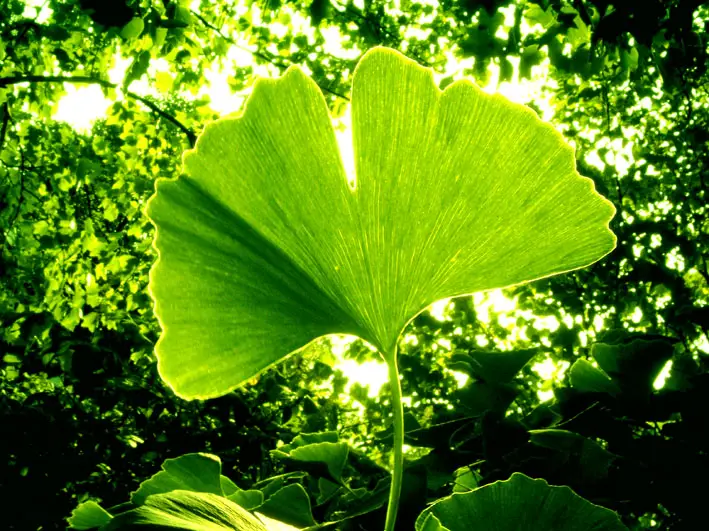The interest in natural products has only grown in recent years, but as the market has grown, so have allegations of fraud in the supplement industry.
As one executive from the Bristol Myers-Squib pharmaceutical company, Greg Vite once said, “The complexity and diversity of natural products can’t be matched by even the most innovative human scientist.”
But what good are such supplements when they don’t actually have what they’re advertised to contain?
Attorney General Says Four Retailers Have Fake Herbal Supplements
According to an investigation by the New York State attorney general’s office, four major national retailers including GNC, Target, Walgreens and Wal-Mart have been given cease-and-desist letters demanding that they stop selling certain herbal supplements.
These supplements did not contain the herbs as advertised and many also included possible allergens not found in the ingredients’ lists according to this article from the Washington Post. The New York Times also ran an article on the results.
Twenty-Four Products Tested
The products tested included some of the most popular herbs on the market — garlic, valerian root, gingko biloba, ginseng, saw palmetto, echinacea, and St. John’s wort.
The process used was DNA barcoding, identifying individual ingredients through “genetic fingerprints.”
All but five of the products contained DNA that could not be recognized or from other plants besides those advertised. Wal-Mart was found to be the worst among the bunch with six supplements all testing negative for advertised ingredients.
In total only about 21% of supplements contained DNA from the plants advertised with Wal-Mart’s scores the lowest, clocking in at just 4% on average, according to the AG’s tests.
Natural Herbal Organization Disputes Findings
While news of the “fake” supplements has made waves across the mainstream media, with a push underway for more regulation of the supplement industry tacked on in many cases, one major herbal organization is disputing the findings.
They also say that their comment was not included in the original New York Times story.
A press release from the American Botanical Association recently said that the attorney general’s office missed the boat and should have used other test methods as controls.
The ABC was contacted by Times writer Anahad O’Connor but their comments were not included.
The following is what was sent by Chief Science Officer of ABC and Technical Director of the ABC-AHP-NCNPR Botanical Adulterants Program Stefan Gafner, PhD, and ABC Founder and Executive Director Mark Blumenthal.
“The AG’s study is not based on adequate science and its actions are thus premature. The use of DNA barcoding technology for testing of the identity of botanical dietary supplements is a useful but limited technology,” they said.
“DNA testing seldom is able to properly identify chemically complex herbal extracts as little or no DNA is extracted in many commercial extraction processes. Basing its actions on the basis of only one testing technology from only one laboratory, the NY AG results are preliminary and require further substantiation.”
“Additional testing using microscopic analysis and validated chemical methods should be conducted to confirm the initial results upon which the AG is acting.”
The ABC officials also emphasized patience before judging the retailers.
“The AG’s test results do not comport with other recently published research on herbal dietary supplements. Two recent tests from reputable laboratories on commercial ginkgo extracts have found ginkgo in all or almost all of the samples tested.”
“From a scientific perspective, it appears that the NY AG is way out in front of the available scientific evidence to support and substantiate his position. We cannot know this for certain until we know more about the testing protocols, but in general, as we told the New York Times, DNA barcode testing often cannot determine the identity of a botanical material if it’s been extracted, or if the material has been submitted to a prolonged heat treatment.”
You can read the full statement with sources here from the ABC website.
What to Look for in Supplements
So, where does the truth lie when it comes to supplements? One thing’s for sure: the source matters, and it’s best to buy from companies that produce organic, non-GMO, and whole foods based supplements.
Before buying any supplement, do your due diligence to find out how it’s grown/made, what types of processing is used, and other relevant information. In general, small scale organic companies are always best, and asking a naturopathic doctor for help is always an attractive option (just make sure you research them as well before committing).
Thanks for reading! P.S. You can subscribe for more updates (and a free eBook) by clicking here.
Thanks for installing the Bottom of every post plugin by Corey Salzano. Contact me if you need custom WordPress plugins or website design.






